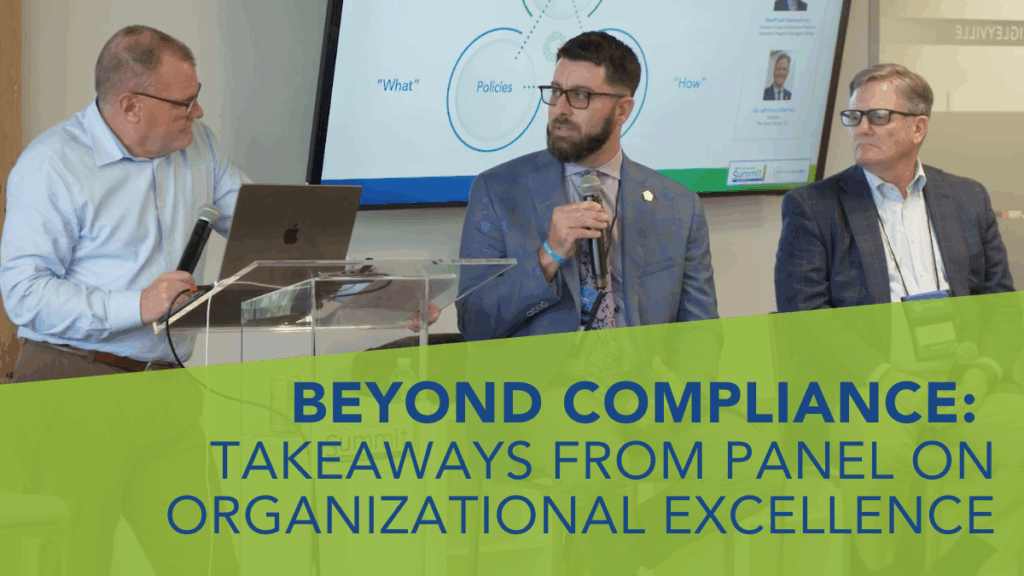Why This Police Captain Says Your EIS Will Fail If It’s Punitive
Posted
August 6, 2025
Share:
How to Build an EIS That Officers Embrace
When Captain Joan Gallant talks about Early Intervention Systems (EIS), you’d better listen. This Charlotte native has spent 18 years with the Charlotte-Mecklenburg Police Department (CMPD), working her way up from patrol to commanding the University City Division—one of the department’s busiest, handling over 2,400 calls in just 28 days.
Captain Gallant also led CMPD’s Community Wellness Division, where she oversaw mental health co-responder units and saw firsthand how supporting officers, not punishing them, was the key to success every single time.
Captain Gallant said the “biggest win” in Early Intervention Systems comes from making them non-punitive.
Here is the transcript of Captain Gallant’s comments:
If I was gonna tell other organizations, and I have told them this, but you know, from you guys’ standpoint, one of the biggest wins that we get, is not making this punitive.
We don’t attach EIS alerts to IA investigations. You know, my major is also over Internal affairs, but I don’t provide EIS data to boards. Right. They don’t, the, the boards don’t know if this person has alerted in the past or not. We don’t, I never even recommend or encourage, any type of punitive style documentation. These are conversations, maybe some body-worn camera audits, things like that. But other than that, like that’s where you get the biggest bang for your buck. It’s even intentional that our policy for EIS is not in the same series with our internal discipline policy. Right. I know that sounds silly, but those things, people, would relate them together if they were even next to each other in the manual.
So I think that that’s a really, really important piece for other organizations that may struggle with that, is if there’s any ounce of it that has any punitive nature. They’re never gonna get their folks to buy in to have the conversations. This is just a, it’s just conversation. It’s looking for, you know, yes, maybe those five uses of force were justified, but can we improve how we talk to one another? Or maybe my person, you know, my officer’s going through a divorce and I didn’t know that and I can support them differently.
Um, we wrap a lot of it into our wellness referrals program, where folks get referred to the wellness team. So, you know, that’s something that I would encourage and, um, you’re never gonna get any buy-in from, the chains of command, um, doing these, these, you know, reviews and, and courses of action, if there’s anything punitive associated with it.
Ready to Experience the Benchmark Difference?
Benchmark Analytics and its powerful suite of solutions can help you turn your agency’s challenges into opportunities. Get in touch with our expert team today.
Related Posts
Ready to Experience the Benchmark Difference?
Benchmark Analytics and its powerful suite of solutions can help you turn your agency’s challenges into opportunities. Get in touch with our expert team today.




